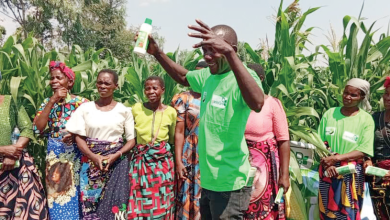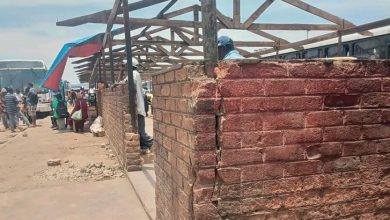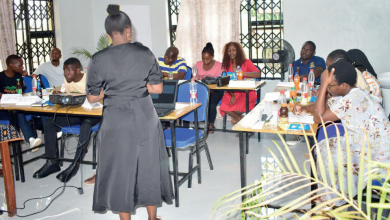Presidential powers issue resurfaces
Catholic University professor of law Clement Ng’ong’ola has reignited calls for the country to re-examine certain constitutional provisions for the President to trim his powers.
Delivering a keynote address at the ongoing two-day Constitutional Conference jointly organised by the Malawi Law Society (MLS) and the University of Malawi (Unima) in Blantyre, the academic said although the current Constitution introduced a lot of checks and balances, it still leaves too much power in the hands of the President, which could be trimmed without rendering him incapable.
Ng’ong’ola highlighted the President’s sweeping authority in appointing key public officers such as Cabinet ministers and their deputies, Attorney General (AG), Auditor General (AG) and Director of Public Prosecutions (DPP).
He said: “He has such powers which could be trimmed without disabling his ability to function as head of the Executive. He is empowered to appoint the ministers and deputy ministers and other public officers like the Attorney General and Director of Public Prosecutions.
“DPP appointment is approved by the Public Appointments Committee [PAC] of Parliament but the same is not the case with the AG. This is a discrepancy in the checks and balances for the appointment of the two.”
Ng’ong’ola suggested that all appointments of public officers that serve the government must be on the recommendation of an independent entity that could better assess the competencies of those to be appointed.

Madise. | Nation
He further noted that the country’s Constitution was not a flawless document, but an instrument replete with oddities and shortcomings as it was hurriedly put together by agents and representatives of political parties and personalities that had hoped to excel in the democratic elections that were to come.
In the run up to the 2019 pre-election campaign promise, President Lazarus Chakwera, just like his prredecessor Peter Mutharika in 2014, promised to reduce presidential powers.
However, after their election both changed tune with Chakwera saying he would instead focus on reviewing archaic laws such as sedition while Mutharika never implemented his proposed reforms.
Chakwera’s U-turn came after he told Malawians soon after his election he had already taken administrative steps to reduce presidential powers.
Chief Justice Rizine Mzikamanda, who was guest of honour, said it was evident that there was a growing global acknowledgment that a civilised society must adhere to the dictates of its national constitution.
On his part, MLS president Davis Njobvu said as mandated by Section 64 of the Legal Education and Legal Practitioner’s Act, the society’s role is to protect and safeguard public interests in matters affecting the law.
Various stakeholders are attending the conference which is aimed at exploring and reflecting on the impact of the Constitution on the political, economic and social dynamics in the country.
The conference is dubbed ‘The Constitution at 30: Reflections on three decades of the constitution of the Republic Malawi’.





